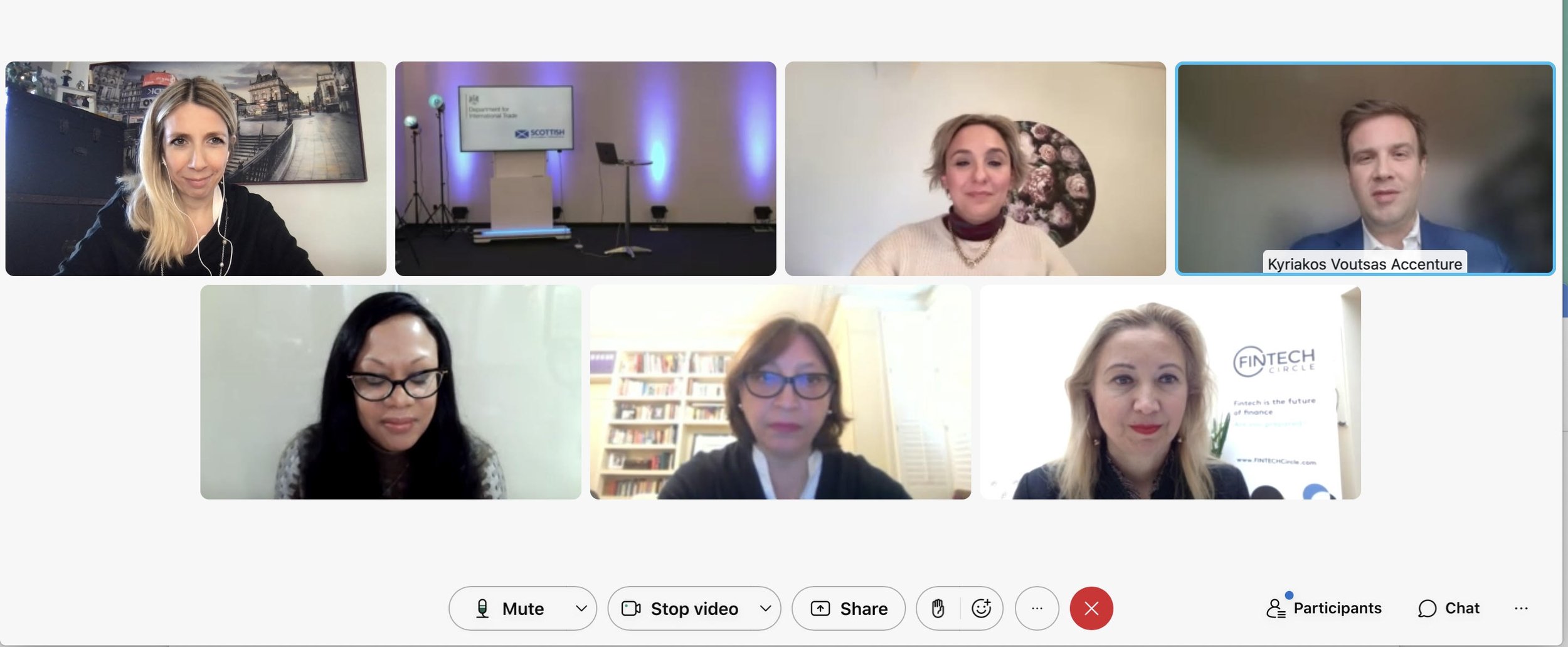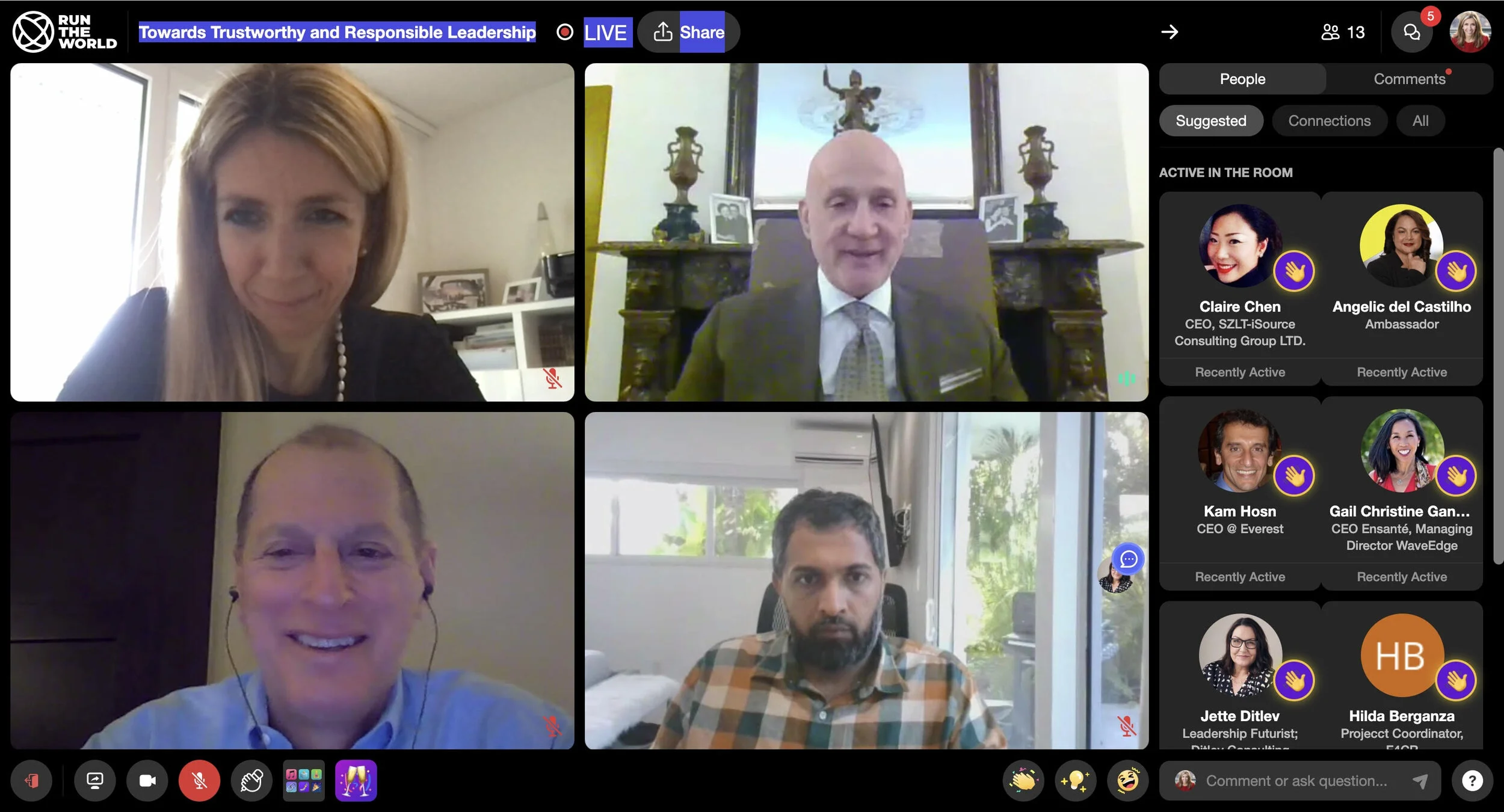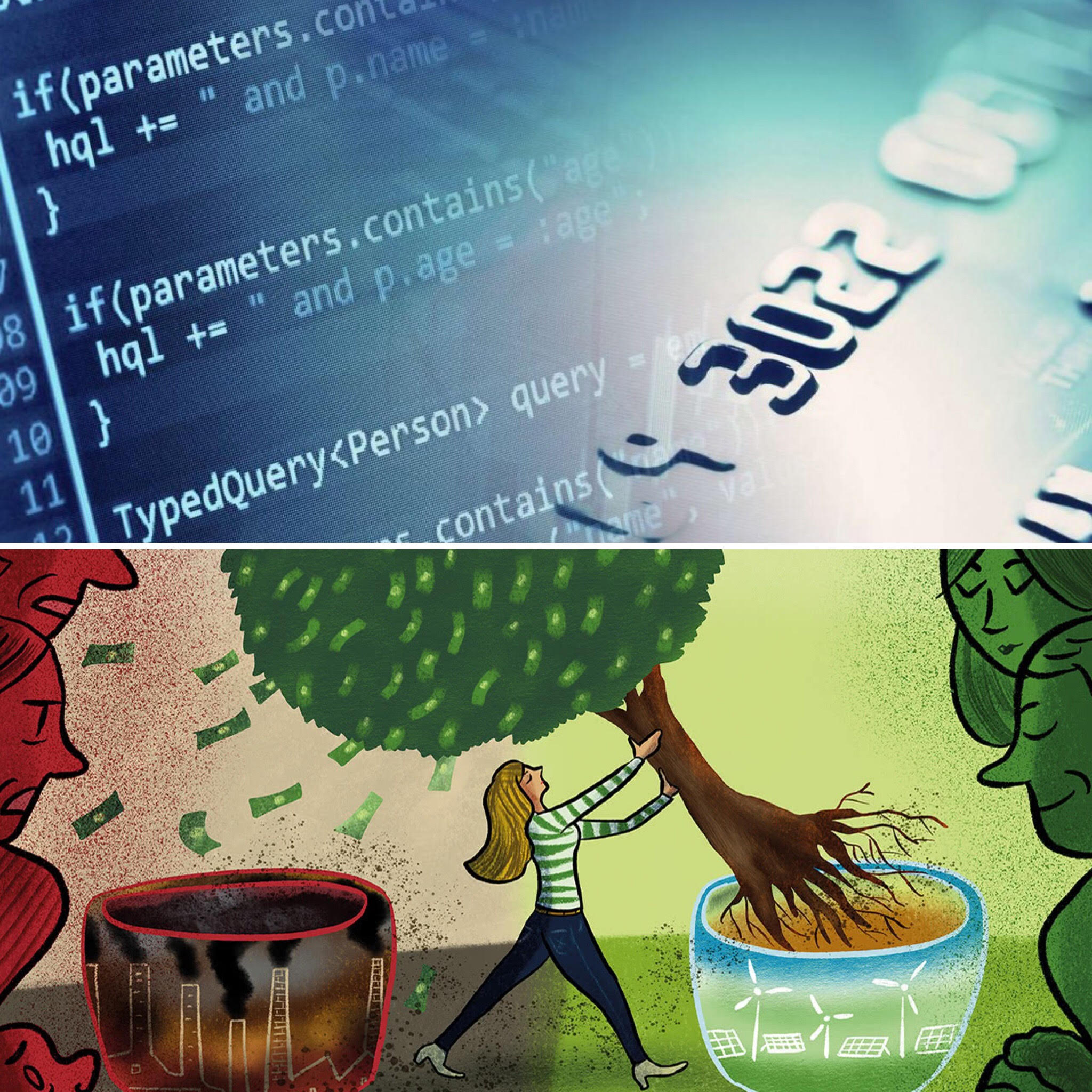Featured

Wealthtech and AI for increased financial well-being
Interested in our older posts? Head to our library and read on!





























